Clusters for CO2 electrolyzers to Ethylene (CLUE)
January 2021 – December 2022
CLUE aims to develop the next generation CO2 electrolyzers for sustainable production of ethylene with reduced carbon footprint by designing novel, selective and highly robust electrocatalysts using an innovative approach based on Cluster Beam Deposition (CBD) technology. For electrochemical conversion of CO2 to ethylene, stimulating results have recently been obtained mainly on copper-based catalysts, yielding relatively high Faradaic efficiency (FE ≈ 60-70%) and current densities (100-200 mA cm−2) by using a flow cell with a gas diffusion electrode. Although the prospects for electrochemical ethylene production are promising, several challenges need to be overcome before industrial implementation: the full-cell energetic efficiency (EE) for ethylene production is ≤ 30%, operation window is narrow, electrocatalyst lifetime is poor (< 200 hours). Achieving high selectivity for ethylene production with low energy input (EE > 30%) at high production rates (j > 300 mA cm-2) for a long-term operation (> 1000 hours) remains a major challenge. Moreover, the capability of CO2 electrolyzers to utilize captured CO2 has not been assessed so far, introducing additional uncertainties for industrial implementation given the limited insights in electrocatalyst degradation and deactivation. Within CLUE, CBD technology is used to deposit size-selected bi- and multimetallic clusters with a very high and controllable homogeneity and desired morphology on adequate electrodes. This allows for steering electrocatalyst functionality and hence enhancing electrocatalyst performance (selectivity, production rate and stability). Moreover, extensive (in situ/operando) structural characterization will enable to fundamentally understand the structure-property relations during electrochemical operation under realistic conditions (i.e. at high current density and with industrially-relevant CO2 streams). The obtained insights will guide the cluster production to design electrodes with improved stability that will allow avoiding, circumventing or minimizing electrode degradation or performance deterioration in next generation CO2 electrolyzer systems. A prototype electrolyzer will be fabricated for long term operation and durable and cost-effective production of ethylene from captured CO2 and renewable energy.

